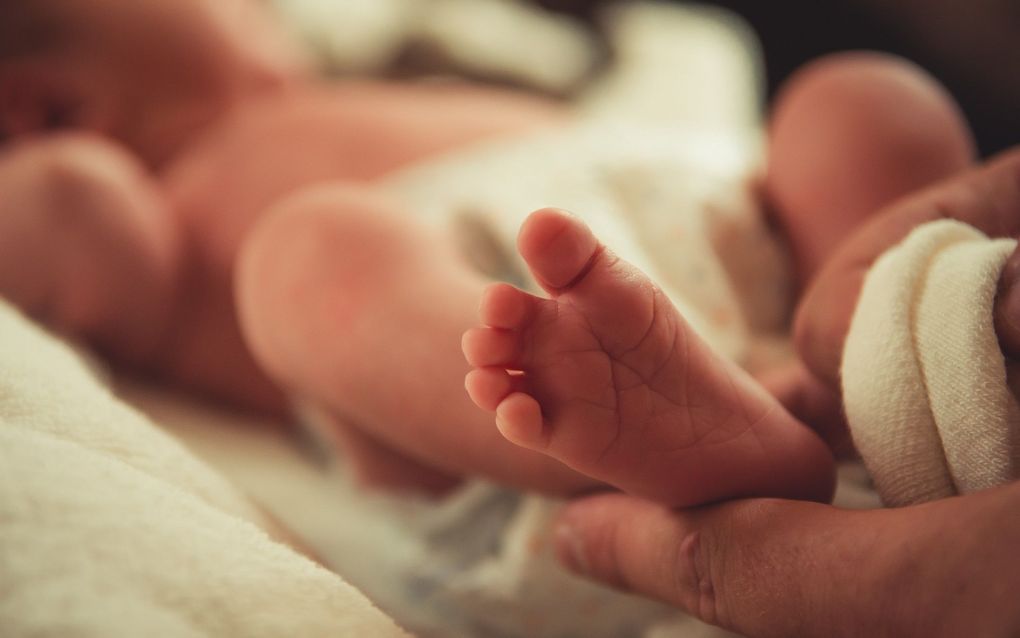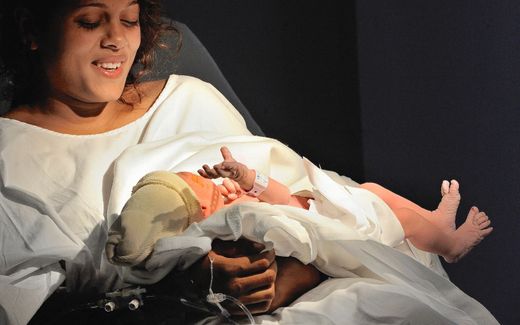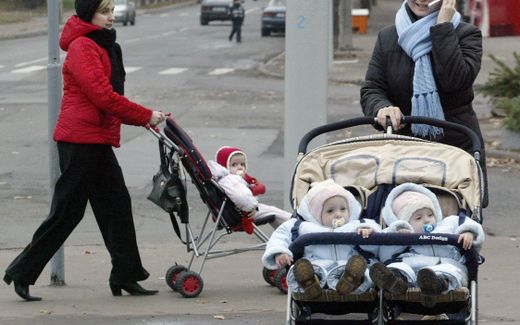German birth rate increases for the first time in five years

Photo Unsplash, Andriyko Podilnyk
Central Europe
For the first time since 2017, the birth rate in Germany grew in 2021. According to statistics from the Federal Statistical Office (Destatis), an average of 1.58 children per German woman were born.
Between 2017 and 2020, the birth rate plummeted to 1.53 children per German female in 2020. This trend seemed to have changed in 2021. That year, a total number of 795,592 children were born, Die Tagespost writes, based on data from Destatis. That is about 22,000 more than in 2020 when 773,144 babies were born. Most newborns (408,400) are male, compared to 387,018 females.
A remarkable insight is that the number of twins has also increased drastically over the years, from fewer than 2,000 twins in 2011 to 13,400 twins in 2021.
Increase mostly seen by German nationals
According to the new statistics, the fertility rates increased most in the Western-German state of Baden-Württemberg (5 per cent). In Bavaria and Hesse, the birth rate grew by 4 per cent in 2021. The growth in Eastern Germany is a bit less; there, it rose by 1 or 2 per cent in several states.
The growth in fertility rate is mainly seen by German women. The birth rate of foreign nationals hardly changed, Die Tagespost reports.
The average age at which women get their first child is 30.5 years. Fathers are 33.3 years old on average when their first child is born. In 2020, mothers were 30.2 years old on average at the birth of their first child, while fathers were 33.2 years old.
Related Articles






